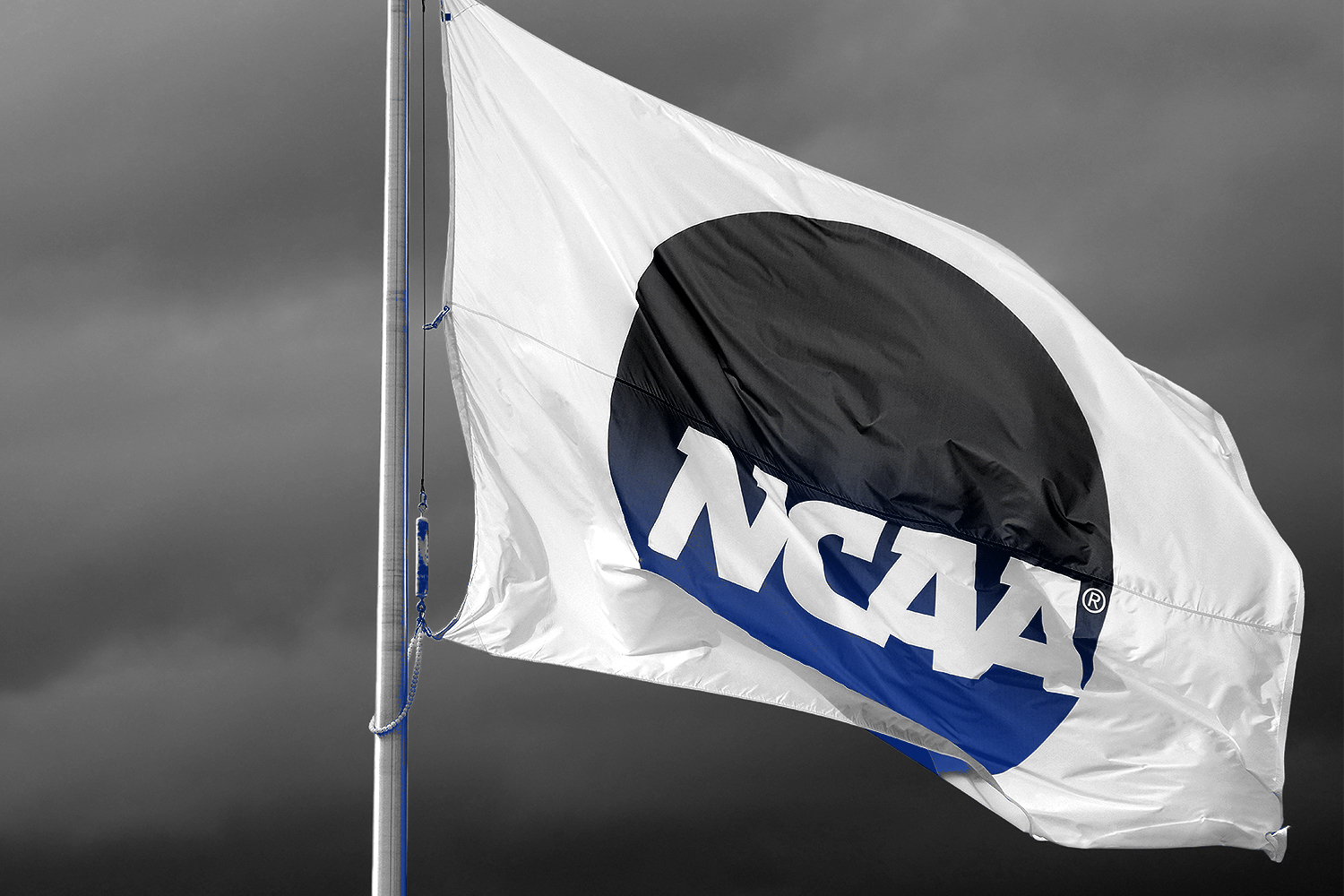The new constitution draft released Tuesday loosened the definition of acceptable athlete compensation.
The governing body didn’t give much of an explanation for the edit, saying in a letter to members that it “allows for evolution while still prohibiting pay-for-play.”
At first glance, the change itself may seem small. But it could open the door for a shift in the definition of amateurism.
- The draft’s original language prohibiting salaries stayed the same. It reads, “student-athletes may not be compensated by a member institution for participating in a sport.”
- The original draft allowed for only two exceptions: educational benefits and NIL.
- But the new draft broadened the language, and took out the specification of NIL altogether. Now, it only says athletes “may receive educational and other benefits.”
The most likely motivation is seeking legal cover by using the broadest possible language to limit athlete compensation — a potential necessity in the wake of the Alston decision.
The NCAA most definitely will never allow players to receive direct salaries, unless it’s forced by Congress, the courts, or the NLRB. But the change could give divisions more freedom than ever to get creative about player compensation.
Of course, there’s no guarantee that divisions will take this opportunity to institute more radical compensation reform.







![[Subscription Customers Only] Jun 15, 2025; Seattle, Washington, USA; Botafogo owner John Textor inside the stadium before the match during a group stage match of the 2025 FIFA Club World Cup at Lumen Field.](https://frontofficesports.com/wp-content/uploads/2026/02/USATSI_26465842_168416386_lowres-scaled.jpg?quality=100&w=1024)
![[Subscription Customers Only] Jul 13, 2025; East Rutherford, New Jersey, USA; Chelsea FC midfielder Cole Palmer (10) celebrates winning the final of the 2025 FIFA Club World Cup at MetLife Stadium](https://frontofficesports.com/wp-content/uploads/2026/02/USATSI_26636703-scaled-e1770932227605.jpg?quality=100&w=1024)








